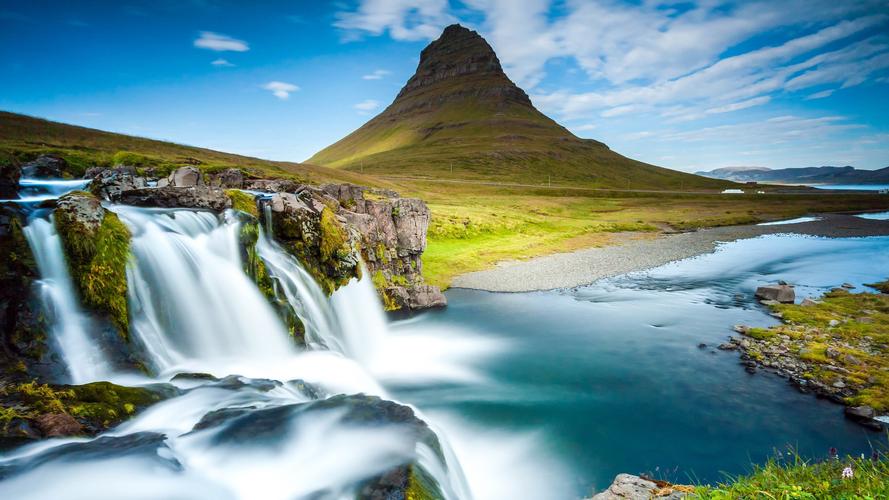Exploring the Richness of Poem Culture Around the World
Poetry is considered one of the most powerful expressions of human emotions. It has the ability to capture the essence of a feeling or an experience in a unique and compelling way. Throughout history, poetry has been an integral part of many cultures around the world. Let’s explore the richness of poem culture in different parts of the world.
Asia
Asian literature is rich with poetry, dating back more than a thousand years. One of the most prominent forms of Asian poetry is the Haiku, which originated in Japan in the 17th century. Haiku is a form of poetry that consists of three lines and a set number of syllables. The first and last lines have five syllables each, while the middle line has seven. Haikus are typically about nature and emphasize simplicity and clarity in expression.
Africa
African poetry is deeply rooted in oral traditions, often passed down from generation to generation. The continent is home to a vast array of languages, each with its unique poetic forms. For example, in West Africa, there’s the Griot tradition where storytellers use poetry to deliver messages. In Ethiopia, there is the Qene, which is a highly structured and complex form of poetry that is sung rather than spoken.
Europe
Europe has a long history of poetry, with many famous poets like William Shakespeare, John Keats, and William Wordsworth. The sonnet, a 14-line poem with a specific rhyme scheme, originated in Italy and became popular throughout Europe. The Romantic poets of the 19th century in England are known for their free-verse poetry that had a significant impact on the genre.
America
American poetry has been influenced by different cultures and traditions. One of the most prominent forms of American poetry is the slam poetry, which originated in Chicago in the 1980s. It emphasizes spoken word and performance, often touching on issues like social justice and politics. The poet Maya Angelou is famous for her powerful and inspiring poetry that tackled themes of racial and gender inequality.
Conclusion
Poetry is a vibrant and rich art form that has inspired and influenced people around the world for centuries. Whether it is the Haiku of Japan or the Qene of Ethiopia, poetry has the power to express human emotions and experiences in unique and powerful ways. As we explore the richness of poem culture around the world, we celebrate the diversity of languages, traditions, and cultures that make the world a beautiful and fascinating place.
(Note: Do you have knowledge or insights to share? Unlock new opportunities and expand your reach by joining our authors team. Click Registration to join us and share your expertise with our readers.)
Speech tips:
Please note that any statements involving politics will not be approved.
